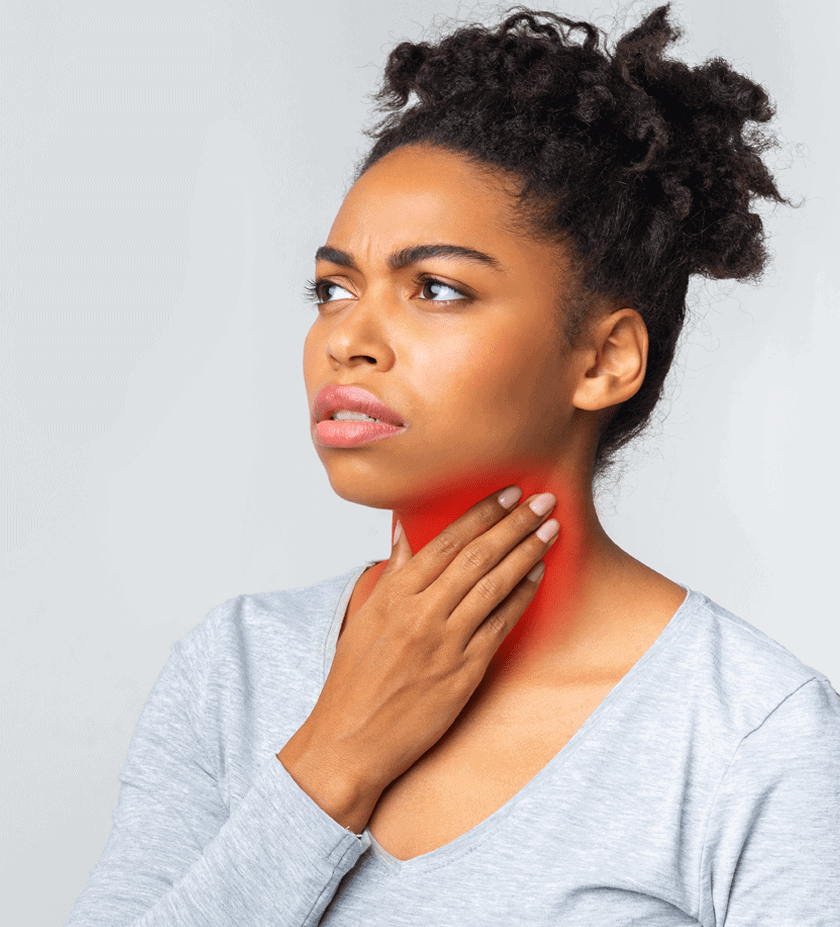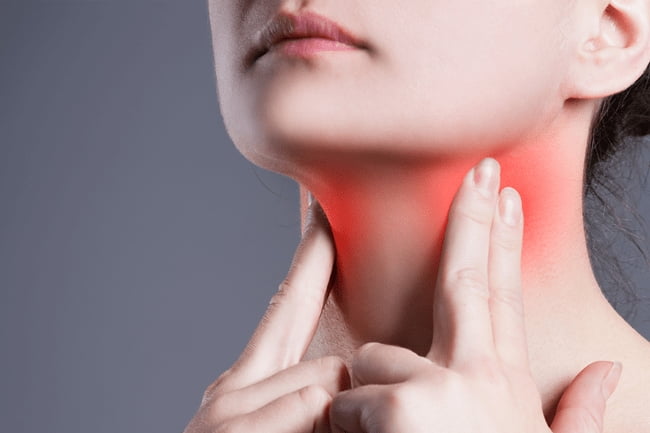
Thyroid hormones influence nearly all bodily tissues South Ogden, UT
Thyroid hormones govern functions such as metabolism, the immune system, fatigue, anxiety, depression, and infertility; there are over 200 symptoms that indicate low thyroid. Thyroid hormones affect many areas of the body; thyroid conditions are not hard to assess if the right blood work gets done correctly.
What are the symptoms of low thyroid function?
The best course of action is a thorough analysis of blood tests, as a TSH does not often detect all conditions. Prominent symptoms of thyroid conditions include:
- Allergies (or worsening of)
- Anxiety
- Arthritis
- Breathing difficulties – (shortness of breath, chest tightness)
- Bruising easily
- Cold body temperature – (feeling cold, hand & feet cold all of the time)
- Constipation – (difficulty having a bowel movement not usually relieved with the usual aids)
- Chronic sinus infections – (sinus headache and pressure)
- Chronic anemia – (low iron levels at different times of your life, chewing ice, craves salt)
- Depression – (unmotivated, overwhelmed easily, agitated)
- Dizziness/vertigo – (lightheaded)
- Eye problems, including bulging, dryness, aching, blurred vision, light sensitivity, etc.
- Erectile dysfunction
- Facial puffiness – (under eyes and eyelids)
- Fatigue – (extreme tiredness resulting from mental or physical)
- Fertility problems (miscarriage in women, low sperm count for men)
- Fibromyalgia and ALL autoimmune disorders
- Goiter (enlarged Thyroid Gland, nodules, or cysts)
- Gallbladder disease (or removal) which features acid reflux, I.B.S, and food sensitivity
- Hair problems (coarseness, dry texture, and loss)
- Hearing disabilities (tinnitus, ear ringing, hearing loss, aversion to loud noises)
- High cholesterol levels
- Heat intolerant
- Headaches/migraines
- Infections – (slow to heal, bladder or yeast infections, gets sick easily)
- Low blood pressure
- Menstrual changes – (heavy or light, lasts too long, ovarian cyst; endometriosis)
- Mental challenges (brain fog, lack of focus, difficulty concentrating, forgetting simple words)
- Mood changes (all-consuming emotions)
- Muscle and joint aches – (anywhere in the body – mild or severe, sharp or dull pain)
- Muscle mass – (decrease development, muscle wasting)
- Nail problems – (dry, brittle, lifting, or peeling of the nails)
- PMS – (premenstrual syndrome – extreme fatigue, cramping, extreme pain, headaches)
- Sexual dysfunction – (low drive in both sexes, impotence in men)
- Skin – (acne, dry, itchy, patchy, eczema, vitiligo, winter ich)
- Slow pulse
- Throat problems – (difficulty swallowing)
- Voice changes – (hoarseness, husky, voice loss for no apparent reason)
- Water retention
- Weakness – ( (overall, strength loss, handgrip not as strong)
- Weight fluctuation – (gain or loss)
Though there are three types of low thyroid problems, hypothyroidism is the most common. All three low thyroid conditions can cause your thyroid not to be as active as it needs to be to provide energy and essential functions that the rest of your body requires for operating efficiently continuously.

How can I improve my thyroid function?
Many people experience low thyroid symptoms. To combat hypothyroidism symptoms, patients often receive the most common medications like Synthroid, Levoxyl, or Levothyroxine, but do not work for the majority of the population. However, the most efficient method is to consult our experts and let us craft a program that addresses your condition properly. We can help you live a symptom-free lifestyle.
Let Medical Weight Loss & Hormone Clinic help you get a physiological understanding of your thyroid. Once you have a plan, you can find more energy, think clearer, and eliminate digestive disorders. As experts, we have a thorough knowledge of the thyroid and will help you become healthier tomorrow than you are today.
Contact us / Consultation

